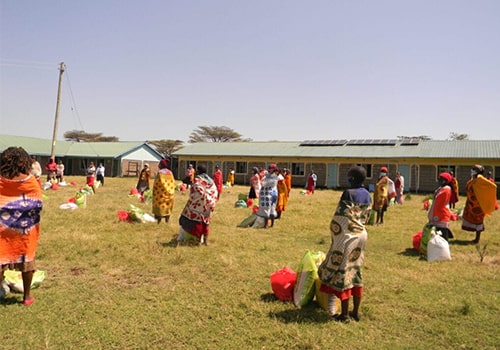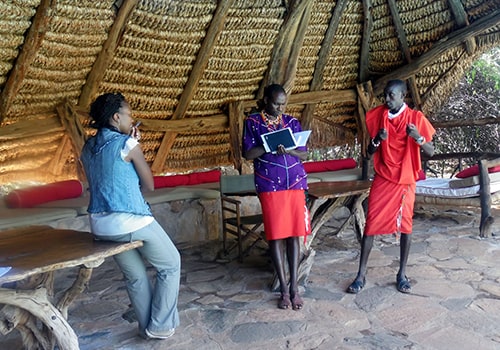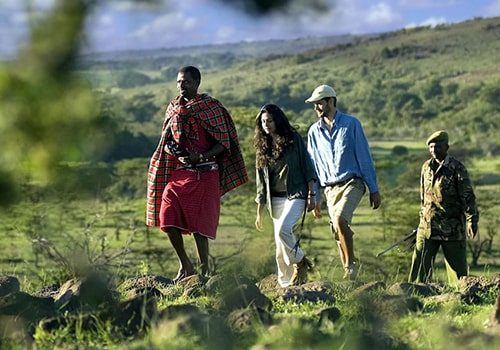
Ecotourism Society Of Kenya
Founded in 1996 as Ecotourism Society of Kenya (ESOK) and later adapting the name Ecotourism Kenya (EK) in 2006, EK was the first ecotourism society in Africa and a leader in the fields of voluntary tourism certification, and community asset building through tourism projects.
It is also involved in sustainable tourism planning, and campaigns, community mobilization and sensitization, product identification and development and environmental/social audits.
EK works in partnership with many professionals from its membership. It enjoys support from the Ministry of Tourism, Kenya Tourism Board and tourism practitioners. It has over the years enjoyed support from development partners including UNDP, NEMA, Tourism Fund, CBI Netherlands, AWF and FORD Foundation. With nineteen years of experience in ecotourism, EK has an intimate understanding of both the complexities and unique opportunities that ecotourism can provide to local populations, the environment, investors and the business of tourism.
Through a strong social, business and environmental awareness EK has been able to cater for its membership and industry. It has provided relevant and practical guidance for attaining sustainable solutions to challenging issues in tourism development to both communities and tourism practitioners.
Equally important has been the creation of lasting partnerships with tourism practitioners and interested parties. EK acts as the confluence of the tourism industry, communities and conservation while promoting responsible management of resources.
Vision:
To be a leader in the knowledge and practice of responsible tourism.
Mission:
To link tourism, conservation and communities for sustainable tourism development through awareness creation, networking and promotion of best practices in responsible tourism operations.
Overall Goal:
EK’s strategic goal is to promote responsible tourism practices that will conserve Kenya’s natural environment and improve livelihoods of associated communities.
This is enhanced through the following strategic goals:
- Enhance Industry Standards and Best Practices
- Increase Awareness and Share Information on Quality Tourism Sites, Products and Services
- Nurture Appropriate Leadership Skills, Knowledge and Attitude in Responsible Tourism
- Strengthen Ecotourism Organizations’ Conservation Capacity and Sustainability
- Improve Community Tourism Enterprises








